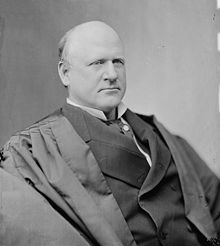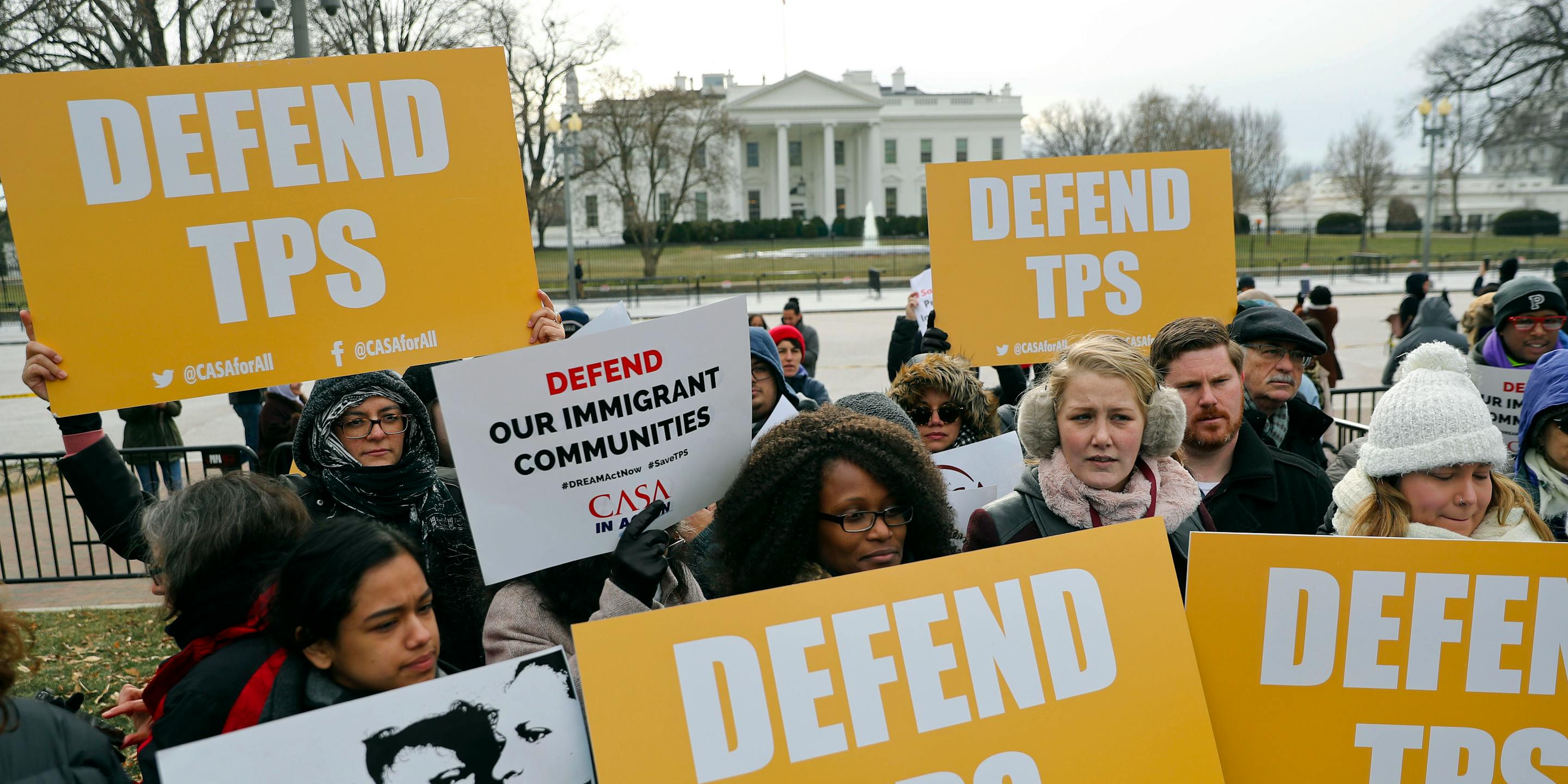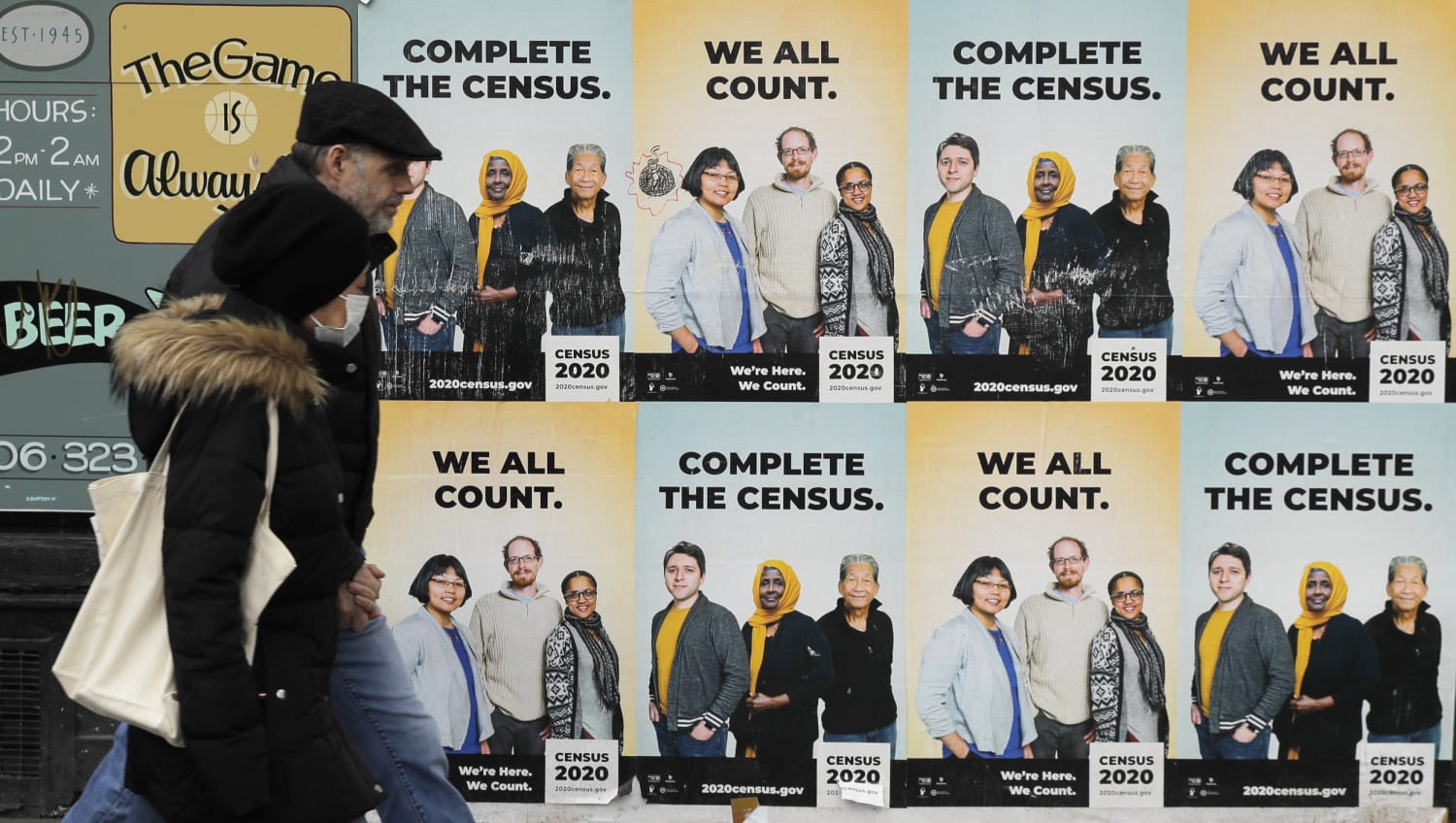Equitable defenses: Laches (53:04)
Equitable defenses: Promissory Estoppel (15:53)
Equitable defenses: Equitable estoppel (42:00) PENDING
Equitable defenses: Laches (53:04)
Equitable defenses: Promissory Estoppel (15:53)
Equitable defenses: Equitable estoppel (42:00) PENDING
When Catholic Social services contract with the City of Philadelphia expired the City refused to renew it. The City's Ordinance forbade discrimination in public accommodations. But The United States joined as a friend of the court in Fulton and Catholic Social Services v. City of Philadelphia. It frames the issue as:
Whether the City of Philadelphia’s termination of a contract that allowed Catholic Social Services to help place children in the City with foster parents, on the basis of Catholic Social Services’ unwillingness to endorse same-sex couples as foster parents, violated the Free Exercise Clause of the First Amendment.
As the DOJ further elaborates the question:
In accordance with its religious beliefs, Catholic Social Services is willing to provide foster certifications for households headed by married couples or single people, but not households headed by unmarried couples. Because it adheres to the belief that marriage is the union of a man and a woman, it regards all same-sex couples as unmarried.
The upshot of those beliefs is that the organization will provide foster certifications for married opposite-sex couples and single, unmarried individuals (including gay and lesbian individuals) but not for same-sex couples or unmarried opposite-sex couples.
The Catholic Archdiocese, represented by the Becket Fund for Religious Liberty launched a direct attack on the principle that laws of general application may constitutionally bar otherwise unlawful activity despite its use in a religious ritual. Thus did Antonin Scalia find that the hallucinogen peyote could not be used as an element of a Native American religious ritual. Thus the Church poses the issues as:
Whether Employment Division v. Smith should be revisited? Whether a government violates the First Amendment by conditioning a religious agency’s ability to participate in the foster care system on taking actions and making statements that directly contradict the agency’s religious beliefs?
When one is engaged in private activity such as placing foster children, I suppose one can pick and choose who is the beneficiary of your largesse. But not so when you are seeking public funds.
However I would not put any money that mattered on the proposition that the Supreme Court will agree that Catholic social Services was properly denied injunctive relief.
I just posted @IpseDixitPod #625, featuring Pierre Schlag of @ColoLaw discussing his article "The Law Review Article." This is one of my very favorite articles, which I recommend constantly & use in all of my seminar classes. Check it out! https://t.co/NqQGEObNzH
— Brian L. Frye (@brianlfrye) September 22, 2020
Recorded lecture and video:
The Asylum Cases: APA challenges - East Bay Sanctuary Covenant v. Trump
Related SLIDES
Supreme Court stays preliminary injunction over Sotomayor dissent - September 11, 2019
Resources: East Bay Sanctuary page on TortsToday blog



[W]hen faced with a society-threatening epidemic, a state may implement emergency measures that curtail constitutional rights so long as the measures have at least some “real or substantial relation” to the public health crisis and are not “beyond all question, a plain, palpable invasion of rights secured by the fundamentallaw.

Introduction to Equity
Lecture: Equity from Athens to Atlanta
1:03.05 [skip 31:40 - 35:43]
Jones v. DeSantis (United States Court of Appeals for the 11th Circuit) Atlanta
11th Circuit en banc upholds financial restrictions on voting by former felons
Resources: Equity from Athens to Atlanta
Rhetoric by Aristotle
ca. 350 BC
Translated by W. Rhys Roberts
URL: http://classics.mit.edu/Aristotle/rhetoric.html
Equity in the Civil Law and the Common Law
Author(s): Hessel E. Yntema
Source: The American Journal of Comparative Law, Vol. 15, No. 1/2 (1966 - 1967), pp. 60-86
Published by: Oxford University Press
Stable URL: https://www.jstor.org/stable/838860
Some Constitutions Composed by Justinian
Author(s): A. M. Honoré and Justinian
Source: The Journal of Roman Studies, Vol. 65 (1975), pp. 107-123
Published by: Society for the Promotion of Roman Studies
Stable URL: https://www.jstor.org/stable/370066
Thomas More (1478-1535)
Stanford Encyclopedia of Philosophy
https://plato.stanford.edu/entries/thomas-more/
Jones v. DeSantis
11th Circuit en banc upholds financial restrictions on voting by former felons
https://blackstonetoday.blogspot.com/2020/09/11th-circuit-en-banc-upholds-financial.html

On July 21, 2020, President Donald J. Trump issued a Presidential Memorandum, titled “Excluding Illegal Aliens From the Apportionment Base Following the 2020 Census.” Presidential Memorandum, 85 Fed. Reg.at 44,679. In it, the President declared that, “[f]or the purpose of the reapportionment of Representatives following the 2020 census, it is the policy of the United States to exclude from the apportionment base aliens who are not in a lawful immigration status . . . to the maximum extent feasible and consistent with the discretion delegated to the executive branch.”
The State of New York, joined by others, filed suit against Donald Trump to declare void and enjoin a Presidential Memorandum which directed the Commerce Department not to count illegal aliens for apportionment purposes. The result of such a policy would be to deprive California, New York, and others of representation in Congress and in state legislatures.
Today in New York, et al. v. Trump a three judge panel of the United States District Court in Manhattan issued an Opinion and Order declaring the "Presidential Memorandum is an ultra vires violation of Congress’s delegation of its constitutional responsibility to count the whole number of persons in each State and to apportion members of the House of Representatives among the States according to their respective numbers under 2 U.S.C. § 2a and 13 U.S.C. § 141."
The summary judgment Order can be appealed directly to the United States Supreme Court because it was commenced under 28 U.S.C. § 2284 which provides that “[a] district court of three judges shall be convened when otherwise required by Act of Congress, or when an action is filed challenging the constitutionality of the apportionment of congressional districts or the apportionment of any statewide legislative body.” The District Court panel [composed of two Circuit Court judges and one District Court judge] issued a declaratory judgment under 28 USC 2201. They declared the President's memorandum to be "unlawful" and entered a permanent injunction against its implementation. The injunction - because it rules on constitutionality may be appealed directly to the United States Supreme Court under 28 USC 1253. Although Donald Trump is the first named defendant "in his official capacity" the injunction is directed not to him but to the Department of Commerce, Secretary Mnuchin, and the Bureau of the Census.
It is not known what action the Trump administration will take. They have been very successful in obtaining stays of District Court orders, a pattern of which Justice Sonia Sotomayor has complained bitterly. But the criteria for issuance of a stay, which is best seen as an injunction against a court, customarily emphasizes the maintenance of the status quo and avoidance of irreparable harm. On both counts the District Court judgment should be secure. Trump's July memorandum changed a historically uniform practice. If implemented thousands of illegal immigrants could not be counted within the statutory period for conduct of the constitutionally mandated decennial census.
- GWC
Does the public care about the 40 remaining inmates with no obvious end to their imprisonment?
There are times when there's little choice but to resort to the banal: that a society is judged by how it treats the lowliest. So forty of those seized and rendered to Guantanamo following the 9/11/2001 attacks remain there. They may have done horrible things. How would one know? But based on Al Hela v. Trump, a recent decision by Judge Randolph of the D.C. Circuit we will never know. The men will die there untried, their guilt unproven. Randolph was joined by two conservatives: the young Neomi Rao and the about to retire Thomas Griffith. Rao is the more aggressive, as Linda Greenhouse describes in her newest piece for the Times. - GWC
Judge Griffith, who retired from the appeals court last week, argued in a separate opinion that there was no need to venture further into constitutional territory. But in her controlling opinion, Judge Rao said it was time to decide the due process issue because Mr. Al Hela claimed in his habeas petition that the government’s reliance on anonymous hearsay in the intelligence reports it used to justify his continued detention violated his right to due process.
But no such right applied to him, Judge Rao wrote, concluding that “we reject Al Hela’s due process claims on the threshold determination that, as an alien detained outside the sovereign territory of the United States, he may not invoke the protection of the Due Process Clause.” A footnote to her opinion contained the astounding assertion that “our court has adhered to Eisentrager’s holding that the Fifth Amendment’s Due Process Clause does not apply outside the territorial United States and therefore cannot be invoked by detainees at Guantánamo Bay.”
Judge Griffith, in his separate opinion, properly objected: “But we have never made such a far-reaching statement about the Clause’s extraterritorial application.” The objection was fruitless. Judge Randolph had done his work and had the last word, at once cryptic and completely clear in a concurring opinion consisting of a single sentence: “I agree with the court’s decision not only for the reasons expressed in its opinion, but also for the additional reasons stated in my opinion concurring in the judgment in Ali v. Trump.”
What might happen next is anyone’s guess. It’s not out of the question for the full D.C. Circuit to reconsider the panel decision, as it did last week when it overturned a panel opinion in the Michael Flynn case, restoring the district judge’s discretion to decide whether to yield to the Trump administration’s demand to dismiss the prosecution of the president’s former national security adviser. It’s conceivable the Al Hela case could end up at the Supreme Court. I have trouble conjuring five votes there even to sustain the Boumediene precedent, let alone to carry it into due process territory.
***
What might happen next is anyone’s guess. It’s not out of the question for the full D.C. Circuit to reconsider the panel decision, as it did last week when it overturned a panel opinion in the Michael Flynn case, restoring the district judge’s discretion to decide whether to yield to the Trump administration’s demand to dismiss the prosecution of the president’s former national security adviser. It’s conceivable the Al Hela case could end up at the Supreme Court. I have trouble conjuring five votes there even to sustain the Boumediene precedent, let alone to carry it into due process territory.
***